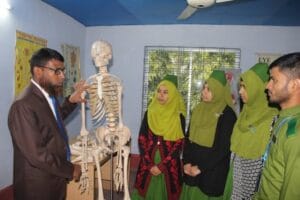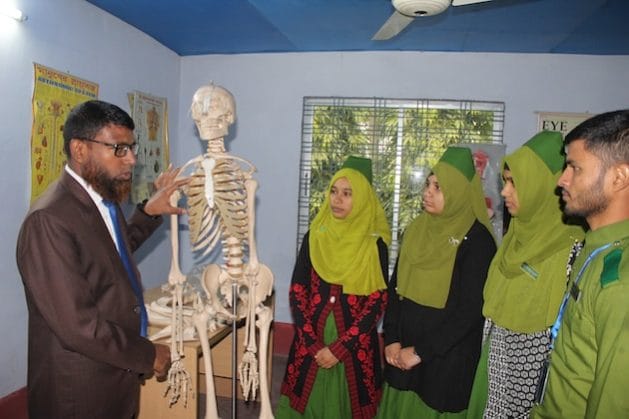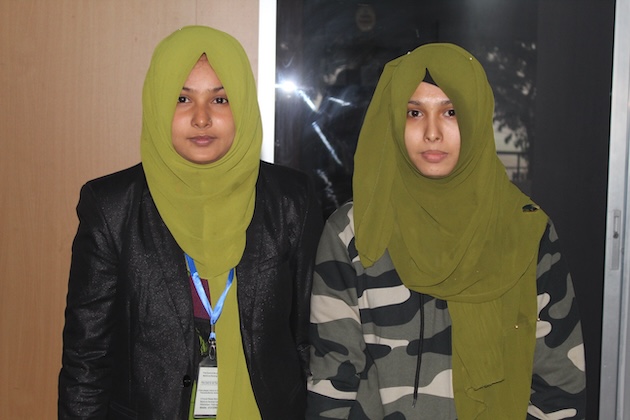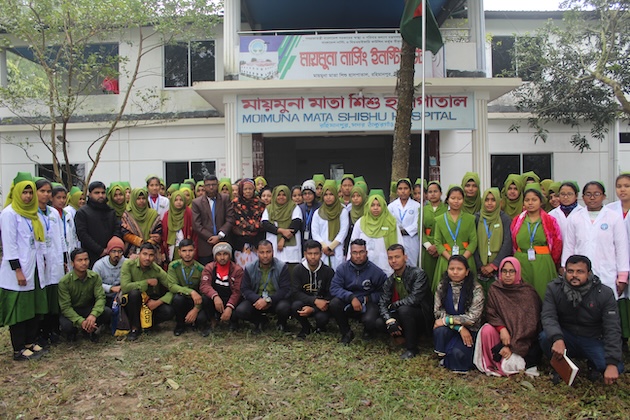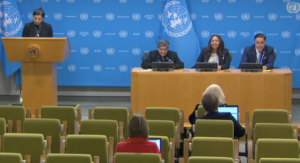
Conferences, Development & Aid, Economy & Trade, Global, Headlines, Sustainable Development Goals, TerraViva United Nations, Trade & Investment

Third UN Conference of Landlocked Developing Countries will be an opportunity to address the issues these countries face.
– Landlocked developing countries need greater support from the international community so that they are no longer left behind when it comes to progressing with the SDGs, says the UN High Representative of the Least Developed Countries.
The Third UN Conference of Landlocked Developing Countries (LLDC3) is set to be hosted in Kigali, Rwanda, in June. A preparatory committee for the conference has been established and convened its first meeting on Monday.
The overarching theme of the conference, “Driving Progress through Partnerships,” is expected to highlight the importance of support from the global community in enabling LLDCs to meet their potential and achieve the SDGs. The conference invites the participation of multiple stakeholders, including heads of state and government, the private sector, and civil society. Several senior leaders in the UN system, including Secretary-General António Guterres, are expected to attend the LLDC3 Conference.
Thirty-two countries are classified as LLDCs, 17 of which are also classified as Least Developed Countries (LDCs). Sixteen are in Africa, and the remaining are located across Asia, Europe, and South America. This year will mark the first time that the LLDC Conference will be hosted in Africa.
Rabab Fatima, Under Secretary-General and High Representative of the Office for the Least Developed Countries, and the Secretary-General of the LLDC3 Conference, remarked that this conference would be a “once-in-a-decade opportunity” for the global community to address the needs of the LLDCs in order to “ensure that nobody is left behind.”
“The 32 landlocked developing countries are grappling with unique challenges due to their geographical and structural constraints and lack of integration into world trade and global value chains. Their situation has been further exacerbated by the lingering effects of the pandemic, climate change, and conflict,” she said.
The lack of direct access to coastal ports means that LLDCs rely on transit countries to connect them with international markets. This can lead to high trade costs and delays in the movement of goods. In other cases, many of the LLDCs’ transit neighbors are also developing countries with their own economic challenges. According to Fatima, the average cargo travel time for LLDCs was twelve days, compared to seven days for transit countries.
As a result of the slow progress in development, twenty-eight percent of people in LLDCs live in poverty. At least a third of the people are at a high risk of or already live with some form of debt distress, and fifty-eight percent of people deal with moderate to severe food insecurity.
Enkhbold Vorshilov, Permanent Representative of Mongolia to the UN, noted that the conference would be a “critical juncture” for the LLDCs. He also serves as the co-chair of the preparatory committee along with the Permanent Representative of Austria. He added, “Despite our varied cultural and economic structures, we share common challenges that impede our development and economic growth.”
The Preparatory Committee will negotiate the details of the conference’s outcome document, which has been prepared to “encapsulate the challenges and aspirations of the LLDCs,” according to Gladys Mokhawa, Permanent Representative for Botswana and the Chair of the Global Group of Landlocked Developing Countries. Mokhawa expressed that the document has so far received general support from member states and that the final draft would be comprehensive and committed to addressing the challenges that LLDCs face “that align with their specific needs and aspirations.”
“A vision is clear: to transform the geographical challenges and to ensure that our landlocked status is nothing more than a detail of geography,” she said. “We believe that our collective efforts can and will make a difference.”
“Our goal is not merely to draft a document but to build positive, genuine partnerships that will empower landlocked developing countries to overcome their challenges and achieve sustainable prosperity,” said Vorshilov. He added that, along with support from neighboring transit countries, cooperation from development partners and financial institutions would be important to mobilize the resources needed to support the LLDCs.
The document is intended to serve as a guideline for the LLDCs for the next decade and will touch on several areas of interest. In addition to addressing transport and trade, it will focus on emerging issues, such as science, technology, and innovation, and improving capacity and resilience against issues arising from climate change.
Earlier meetings, including the first meeting of the committee, have seen delegations express solidarity with the LLDCs and support for the agenda of the upcoming conference. Ambassador Stavros Lambrinidis, Permanent Representative of the European Union Delegation to the UN, stated that the development challenges call for “more efficient allocation of financial resources on the path toward the SDGs” and that an “essential element” of their partnership would be the development of connections and transport corridors for the benefit of all peoples.
Speaking on behalf of the Africa Group, Ambassador Marc Hermanne Araba of Benin noted that Africa has faced the brunt of the challenges faced by the LLDCs and their neighboring transit countries. He added that the present moment was an opportunity to “chart a transformative agenda for the LLDCs,” and therefore it is important for the global community to reaffirm its’ commitment to address the LLDCs’ challenges together to “ensure that these countries are not left behind.”.
Fatima welcomed the media as a “key partner,” through which the voices of LLDCs would have a platform, and to bridge the gap between the conference and those communities who will be most affected by the outcomes by sharing their perspectives.
IPS UN Bureau Report

